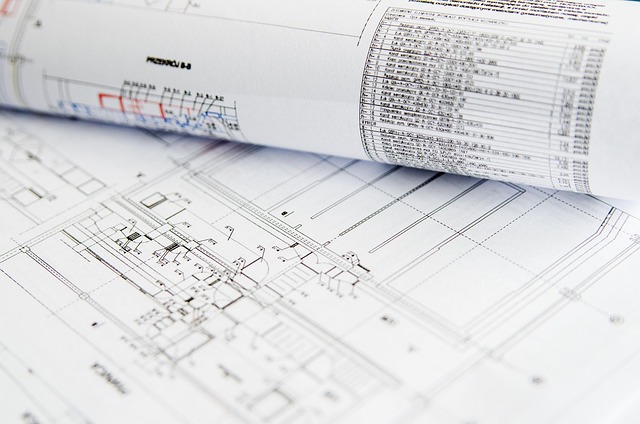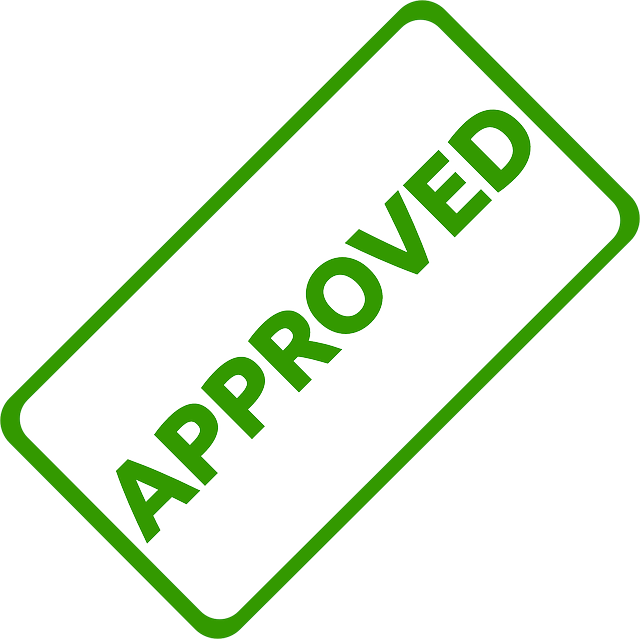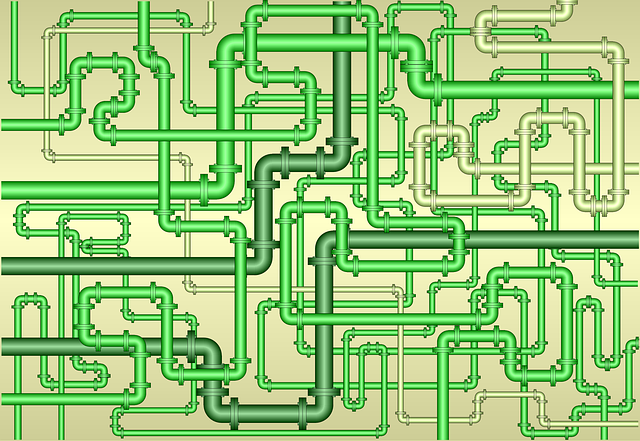Securing an equipment loan requires meeting stringent criteria. Key factors include demonstrating strong creditworthiness through a positive credit history and low debt-to-income ratio, providing a solid business plan outlining equipment purchase purpose and profitability, understanding market trends, showcasing competitive advantage, adhering to legal compliance, and maintaining thorough documentation. A comprehensive approach increases chances of loan approval.
Obtaining approval for an equipment loan is a structured process with key qualifications. To navigate this, understanding and fulfilling specific criteria is vital for loan approval. This article delves into the essential aspects that lenders consider, including creditworthiness, business viability, collateral, security, and legal compliance. By grasping these factors, businesses can increase their chances of securing financing for necessary equipment, fostering growth and operational efficiency.
- Understanding Equipment Loan Requirements
- Creditworthiness and Financial Stability
- Business Viability and Repayment Plans
- Collateral and Security Measures
- Legal Compliance and Documentation
Understanding Equipment Loan Requirements

When applying for an equipment loan, understanding the requirements is paramount to securing approval. Lenders consider several factors to assess your ability to manage and repay the loan. Key among these are your creditworthiness, demonstrated through a solid credit history and stable financial standing. This includes checking your credit score, debt-to-income ratio, and any existing loans or financial obligations.
Additionally, lenders will evaluate the purpose of the equipment purchase and its potential for profitability. A detailed business plan outlining how you intend to use the equipment and its expected return on investment is often required. Demonstrating a clear understanding of market trends and your competitive edge in the industry can significantly enhance your loan approval chances.
Creditworthiness and Financial Stability

Creditworthiness and financial stability are paramount considerations in any loan approval process, including equipment loans. Lenders assess an applicant’s ability to repay the loan by examining their credit history and current financial situation. A strong credit score indicates responsible borrowing practices and increases the likelihood of loan approval. Financial stability is also crucial; lenders look for consistent income sources and a stable financial outlook to ensure the borrower can handle regular repayments without strain.
These factors are essential in mitigating risk for lenders. Demonstrating good creditworthiness and financial health showcases an applicant’s reliability, making them more attractive as borrowers. Lenders may also consider additional financial metrics, such as debt-to-income ratios, to gauge the feasibility of offering a loan. Ultimately, proving robust creditworthiness and financial stability are key steps in securing equipment loan approval.
Business Viability and Repayment Plans

When applying for equipment loan approval, demonstrating business viability and a solid repayment plan is paramount. Lenders want to see that your business has the potential to not only cover the cost of the equipment but also successfully repay the loan. This includes providing financial projections, detailed income statements, and a clear understanding of how the borrowed funds will be utilized for growth and revenue generation. A well-prepared business plan showcasing market demand, competitive analysis, and strategic goals can significantly enhance your loan approval chances.
Your repayment plan should be realistic and demonstrate your ability to meet financial obligations. Lenders often assess cash flow statements and consider factors like interest rates, loan terms, and collateral to ensure the loan is a viable investment for them. Be prepared to discuss how you intend to manage cash flow during the loan period and beyond, including any contingency plans for potential economic fluctuations or unexpected business challenges.
Collateral and Security Measures

When applying for equipment loan approval, it’s crucial to understand that lenders will often require collateral and robust security measures to mitigate risk. This can include real estate, vehicles, or even inventory and equipment already owned by the borrower. The type and value of collateral offered directly impact the loan-to-value ratio, which in turn affects the terms of the loan, including interest rates and repayment periods.
Lenders will thoroughly assess the quality and condition of the proposed collateral to ensure it adequately secures the loan. In cases where the equipment itself serves as collateral, thorough documentation and appraisals are necessary. This process helps lenders gauge the potential loss should the borrower default on the loan, ensuring a secure lending environment for both parties involved in the loan approval process.
Legal Compliance and Documentation

In order to secure equipment loan approval, adhering to legal compliance and maintaining thorough documentation is paramount. Before applying for a loan, it’s crucial to understand the regulatory framework surrounding equipment financing in your jurisdiction. This includes obtaining necessary licenses, permits, and registration documents for the equipment you intend to borrow. Lenders will require these papers as proof of your business legitimacy and compliance with local laws.
Moreover, meticulous record-keeping is essential during the loan process and beyond. Ensure all loan-related documentation, such as applications, agreements, and financial statements, are accurately completed and up-to-date. Clear and organized records facilitate smoother interactions with lenders and enhance transparency during audits or future reviews, thereby increasing your chances of securing loan approval.














